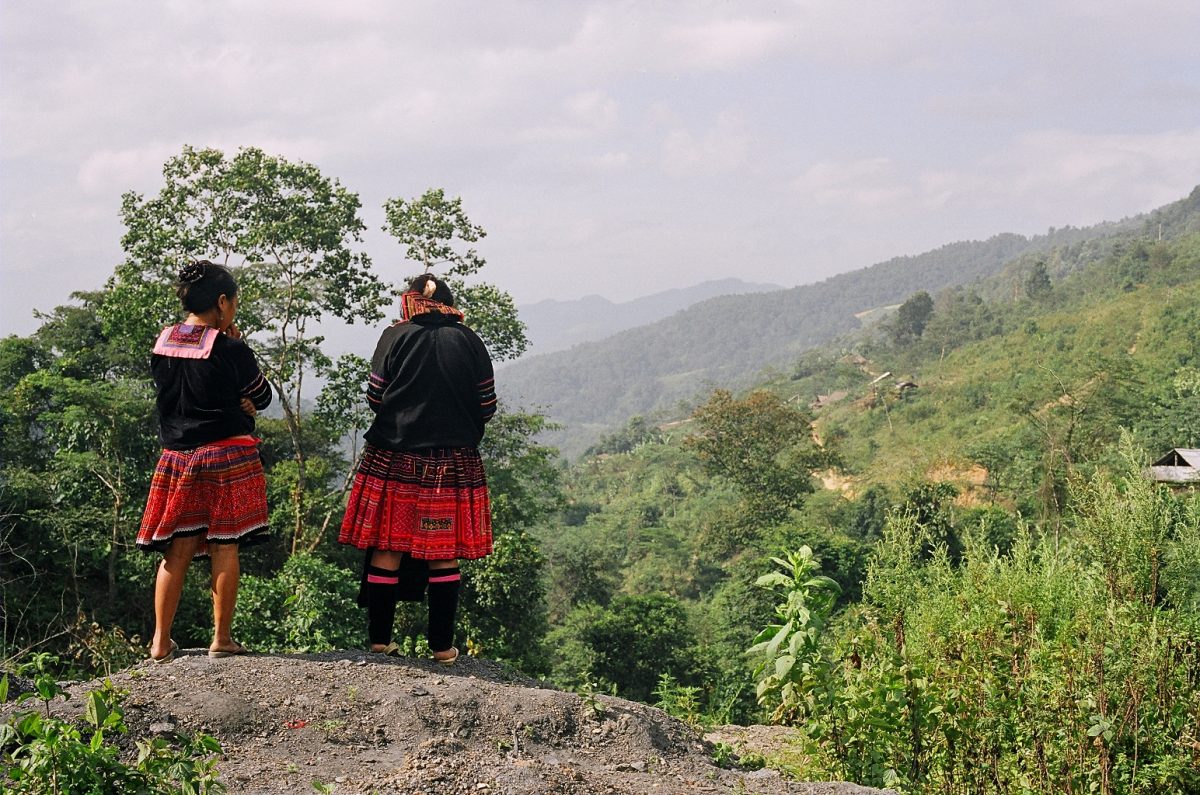We live in an age of rapid social change unfolding on an unprecedented scale. Be it global warming, the Arab Spring, or international trade, our everyday lives are part of broader environmental, economic, cultural, and political transformations. Calling such change “globalization” captures the change’s pace and space yet raises other questions as well. What is globalization—force, process, or project? When did it start and with whom? Why do local issues often arise in tandem with global ones? Do we affect globalization or does “it” only happen to us? In other words, do we have the capacity to influence the changes we associate with globalization and, if so, how?
Such questions animate this introductory course in human geography. We examine places and the connections between them to build critical understandings of how social geographies figure in economics and politics, cultures and environments at local, regional, and global scales. Through a wide range of topics—from European imperialism to the World Trade Organization, from Indonesian coffee production to its consumption on UNC’s campus—we aim to make the foreign familiar and the familiar strange again.
